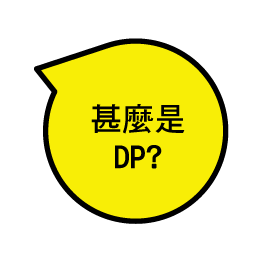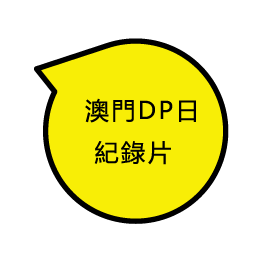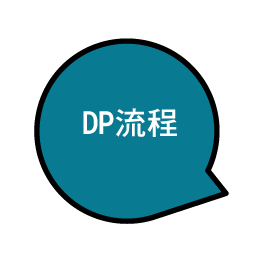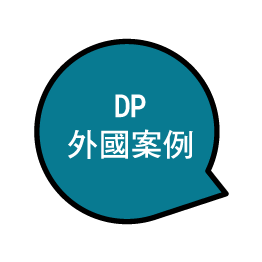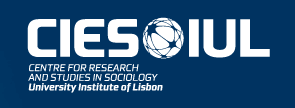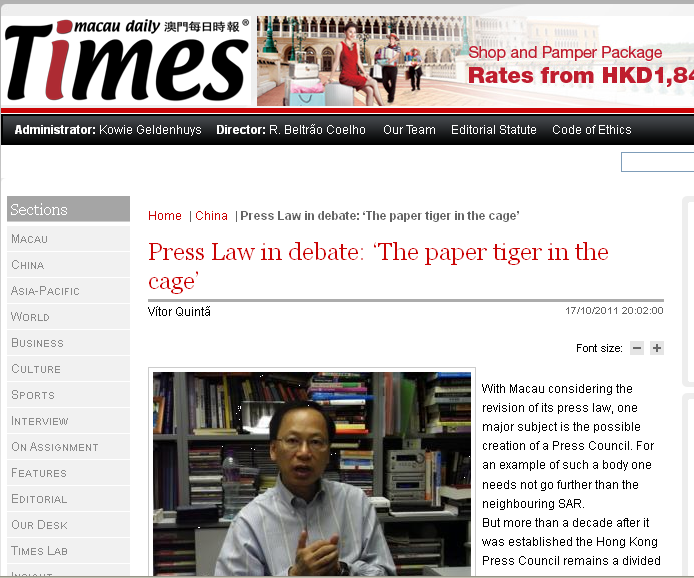
原文鏈接

Hong Kong Press Council
With Macau considering the revision of its press law, one major subject is the possible creation of a Press Council. For an example of such a body one needs not go further than the neighbouring SAR.
But more than a decade after it was established the Hong Kong Press Council remains a divided issue. On the one hand, it is seen by many as a toothless tiger against sensationalism and privacy intrusion that are rampant in many tabloids.
On the other hand, despite its independence from the government and its ambitious goal for self-discipline, the Press Council has yet to gain the trust of the most popular newspapers and of the biggest journalist associations in the HKSAR.
A familiar story doomed the Macau Press Council, which should have been created over 20 years ago, when the current press law came into effect.
From the outset the original law stated, “during the first year of the adoption of the law a Press Council will be formed out of the enlightened participation of interested parties”. The body would be in charge of assessing complaints by journalists, media owners and the public at large, as well as providing an opinion on issues regarding professional ethics and secrecy.
But a lack of consensus about the composition of the Press Council and the scope of its mission and powers meant the body was never more than an idea on a piece of paper.
Public pressure
The Hong Kong Press Council was established in 2000, “at a time when the local media was under severe pressure from the public,” Joseph Chan recalls.
The real catalyst was when the public discovered that Chinese-language tabloid Apple Daily had made a payment to Chan Kin Hong, a widowed man.
Chan’s wife jumped to her death with her two children after finding out that he had a mistress in mainland China. Both Apple Daily and its rival, the Oriental Daily News, reported that Chan went to Shenzhen and tried to stay with his mistress after the tragedy.
Apple Daily published a picture showing Chan and two prostitutes lying on a bed in a Shenzhen hotel a few days later. But Chan later revealed that he was paid by Apple Daily to stage the scene for photographs.
After much criticism, Apple Daily published a prominent front-page apology to the public for making up the news story.
But the harm was already done. “The case of widowed Chan [Kin Hong] was a wake-up call,” says Doreen Weisenhaus, director of the Hong Kong Media Law Project.
In August 1999, the Law Reform Commission published two consultation papers entitled Civil Liability for Invasion of Privacy and the Regulation of Media Intrusion. Among others, the commission proposed the setting up of a statutory body to handle media intrusion of privacy.
This body would have the power to impose fines of up to HK 1 million dollars to newspapers or magazines found to be in breach of the privacy code. Its costs would be financed by a “newspaper tax”, paid by publishers.
“That suggestion met with strong opposition not only from the Hong Kong press but also from citizen groups as well,” says Joseph Chan.
‘From the very beginning the idea of having a Press Council is to have an independent agency instead of having a government-sponsored agency. The assumption is self-discipline, instead of being disciplined by the government’
Self-discipline
In response the Hong Kong Newspaper Society, a group of newspaper professionals and community figures, began discussing the idea of a self-regulatory body. In the end the Press Council was formed by 11 newspapers and two journalist associations, the Hong Kong News Executives Association and the Hong Kong Federation of Journalists.
The move did the trick. “The government did not try to establish a regulatory body of its own afterwards. There would be no point,” says Chan. “It would be a hot potato for the government.”
“From the very beginning the idea of having a Press Council is to have an independent agency instead of having a government-sponsored agency. The assumption is self-discipline, instead of being disciplined by the government,” he explains.
More than half of the council’s seats are taken by representatives from the public, which Chan views as a sign of credibility. “The professional views from journalists are consulted but if were to rely solely on them we could be seen as self-serving.”
At first the Press Council merely examined privacy concerns but it quickly expanded its activities into other issues such as “lust, sex, indecency, violence, sensational journalism,” says Chan. But the body does not deal with false reporting and news fabrication.
“One major reason is that we feel we do not have enough resources to look into these complaints and come up with a credible assessment,” he explains.
Moral power
In two Master’s thesis presented at the University of Hong Kong the Press Council is described as ‘toothless,’ ‘ineffective,’ and ‘the paper tiger in the case’.
“Our power is based on moral authority. We have neither the power to fine nor to charge or suspend anyone or any publication,” says Chan.
“It’s a way to deflect the conflict. It takes away a lot of the anger,” says Judith Clarke, director of the Institute for Journalism and Society at the Hong Kong Baptist University. In the neighbouring territory the response to sensationalism is “half-fascination, half-anger,” she added.
But the scholar rejects the idea of giving ‘teeth’ to the Press Council. “You don’t want statutory powers; in that case it just becomes another court,” she observed.
After receiving a complaint, the Press Council gives the media involved an opportunity to respond before making a final decision. The institution has received over 2,500 complaints in its first 10 years and in some cases it has helped to mediate a mutual agreement.
“In recent years we discovered that the complaints were filed by citizens from various sectors, including artists, movie stars, activists, politicians and general citizens,” Joseph Chan recalls.
In the worst situations the Press Council issues a reprimand that must be published by all member newspapers. “These reprimands may damage media reputation so it’s not to their advantage,” he stresses.
‘Maybe they were afraid the Press Council may create unnecessary pressure on journalists and also that the council could be misused by authorities. So far the council remains independent’
Tabloid outsiders
But non-member publications are not obliged to cooperate with the Press Council or publish its reprimands. “My suspicion is that they may publish it selectively,” says the professor of Journalism and Communication at the Chinese University of Hong Kong.
And the three most popular newspapers – Oriental Daily News, Sun and Apple Daily, which take up most of the market – refused to join the body. “Ideally we would like to have all mass circulation newspapers included but the council still functions nonetheless,” Chan underscores.
“Of course the council runs the risk of being charged with defamation if certain newspapers find the reprimand of their behaviour to be malicious,” he added.
And that has happened before, with Oriental Daily News suing the Press Council for libel, Judith Clark recalls.
“We think we are in a good position to defend ourselves and that would also be the case for member publications publishing our reprimands,” says Joseph Chan.
The Press Council tried to lobby lawmakers to be given a qualified privilege that would allow it to operate without fear for libel accusations but the attempt was aborted. “We found there was no way we could get enough votes in the Legislative Council,” Chan bemoans.
Strings fears
The Hong Kong Journalists Association was also against the establishment of the institution. “Maybe they were afraid the Press Council may create unnecessary pressure on journalists and also that the council could be misused by authorities. So far the council remains independent,” says Chan.
“When we evaluate media performance, our judgement is based upon the Journalists’ Code of Professional Ethics, which was jointly drafted by four major journalist bodies. In that regard we share something in common,” the scholar emphasises.
But the financing of the Press Council has also created doubts. The member publications pay a fee of HKD 10,000 but Chan acknowledges that donations make up the bulk of the institution’s scarce revenue.
And among those donations is a yearly HKD 2 million pledged by a notorious pro-Beijing businessman. But the Press Council chairman downplays the issue.
“We don’t depend on one single individual for contributions. We try to get donations from a wide range of people. At the end of the day the donations are string-free; that’s the most important,” he says.
It’s these donations that pay the wages of the Press Council’s only full-time staff member, a secretary. “This is a voluntary organisation, a non-profit organisation of citizens. We have quite a few people, maybe 30 councillors. But they are not paid,” says Chan.
“It’s a very odd organisation and it’s difficult to make it work,” says Judith Clarke. “It’s a lot of work to get the right people on board and the leader has to be widely respected,” she adds.
Running wild
Of course the main question has to be whether the Press Council has been effective in both dissuading newspapers and magazines from crossing the lines of ethics and in giving the public a way to voice its concerns.
“Nobody likes to have its errors discussed in public. And they [the press] feel the pressure from the public to respond to complaints,” says Joseph Chan.
Doreen Weisenhaus is a bit more sceptical. “The tabloid newspapers took a step back, toned down their behaviour but I believe it was the market that took care of it,” she says.
The scholar recalls the demonstrations and petitions held in 2002 when East Week magazine published naked pictures of actress Carina Lau, which allegedly had been taken 12 years before when she was kidnapped by triads.
“Violence is very controversial in the press but intrusion into the privacy of celebrities and public figures remains pretty wild,” says Weisenhaus.
“Many people believe the behaviour of the press has been declining in the last three years. I would suspect the Press Council would be getting more support from the people,” says Joseph Chan.
“More people would prefer to file a complaint to the Press Council than to the media organisation in question. This is understandable. It’s a third party and people tend to believe in the justice of a third party,” he stresses.

